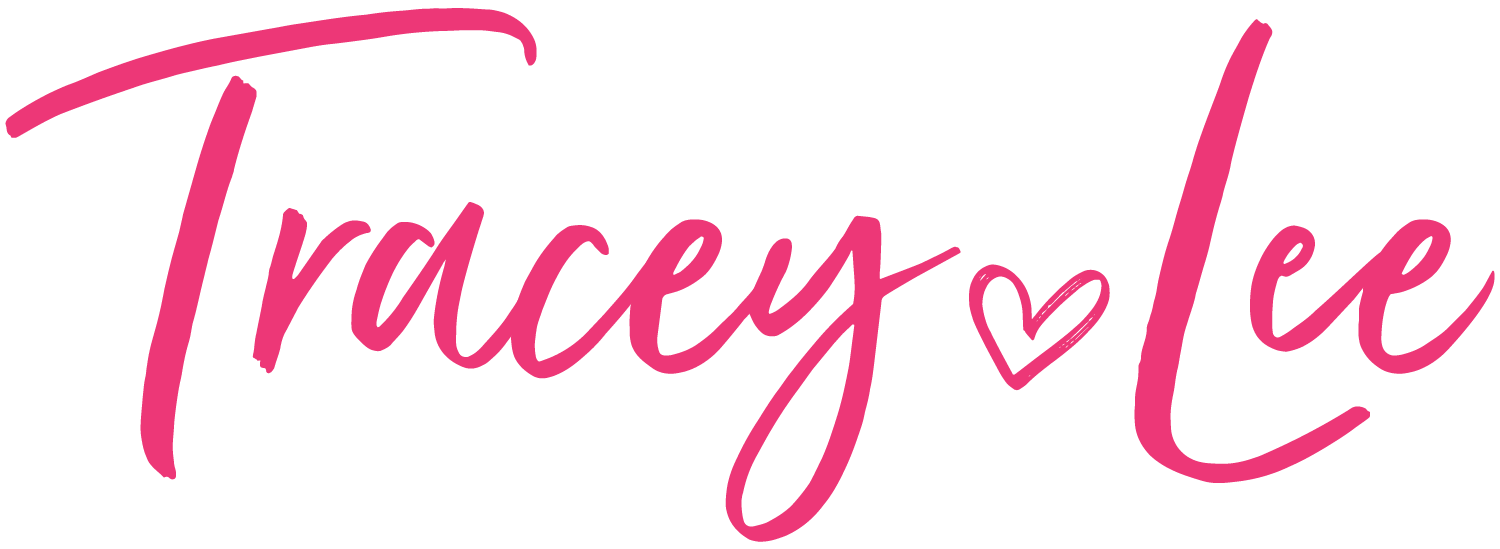Triggers are Valuable
I have an interesting relationship with triggers - I like them. I find them immensely valuable, and I use them as part of the most healing process I have in my toolbox.
We feel triggered when something, referred to as a “trigger”, induces a charged emotional response. The emotional response may feel like fear, sadness, panic, flashbacks, pain, and often comes with physical symptoms like shaking, loss of appetite, nausea, exhaustion, dry mouth, dizziness and so on.
This happens to all of us. Someone says or does something, or we hear a song, or a scene in a movie, heck I can even get triggered by a smell or a sound. This trigger reminds us of a traumatic moment from our past, and our body is off to the races. I addressed how to deal with these uncomfortable feelings in my last blog post. If you haven’t had a chance to read “You aren’t in danger, you’re just uncomfortable”, I encourage you to check it out before you read the rest of this post.
So back to triggers…
Stay with me, this may sound a bit out there.
A trigger is a signal from a younger wounded, stuck version of us, a beacon, a homing signal, a time machine, a rescue craft. This younger wounded self sends a message through the trigger to let us know he or she is stuck in the past and needs to be rescued.
Whenever I feel triggered, I stop, take a breath, I recognize what is happening*, close my eyes, and step into the time machine. In my mind’s eye, I imagine the time machine door opening. I see this younger me. I take in the scene she is in. I immediately recognize what is happening, why she is ‘stuck’ there, and why she sent for me.
You see, when we experience trauma, no matter how big or small the trauma is, a part of us breaks off and relives this trauma over and over again in suspended animation until we rescue that part of ourselves. And the trigger is how we know, how we find this part of ourself. The trigger feels bad and is good. It serves a purpose, a way valuable purpose.
The next piece of the process can be simple or not depending on your experience and how significant the trauma was. I strongly suggest having a coach, therapist, teacher, guide, or spiritual mentor help you navigate the big traumas. Like all things, the way we get good at this is to practice. Each time it gets easier and feels more natural.
Each and every time I feel triggered I follow this process. In my mind’s eye when I see the younger me, I reach out my hand to her and take her into my arms. I Love her in a way that only I can, with no judgment or criticism. I console her and comfort her. I totally understand what she is feeling with greater compassion than anyone else ever could. She is me. I am her. I once felt all the hurt, fear, shame, embarrassment, betrayal, shock, etc. that she is reliving over and over.
This is part of a sacred process called Soul Retrieval. It has been one of the most profound tools in my toolbox, one that has resulted in the deepest most lasting healing I have experienced. I teach this to my clients, and then teach them how to administer this sacred medicine for themselves. This is a lather, rinse, repeat process.
Every single time we feel triggered a rescue mission is required.
*What is happening in my body has nothing to do with the here and now. The here and now is only the catalyst for my healing - this is a relationship game changer to the maximus. We can stop being angry with the person who we feel triggered by and can thank them instead. They are an invaluable part of the healing process. WHOA, I know game-changer right?!
This Soul Retrieval process is big and it is only part of what we do in Self-Love Masterclass. In Masterclass, supported by others journeying a similar path you will learn to have greater compassion for yourself and others. The outside world reflects our inner world. Learn how to change your world from the inside out by joining us in the Self-Love Masterclass.




